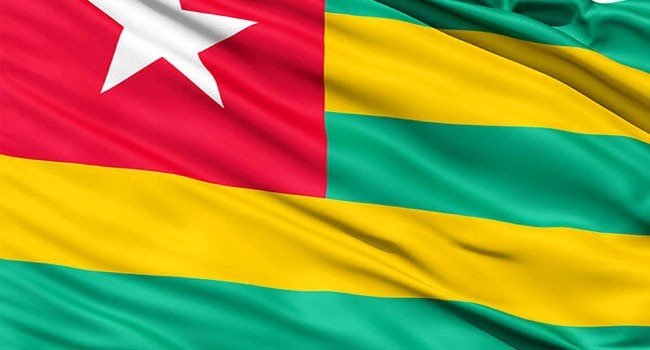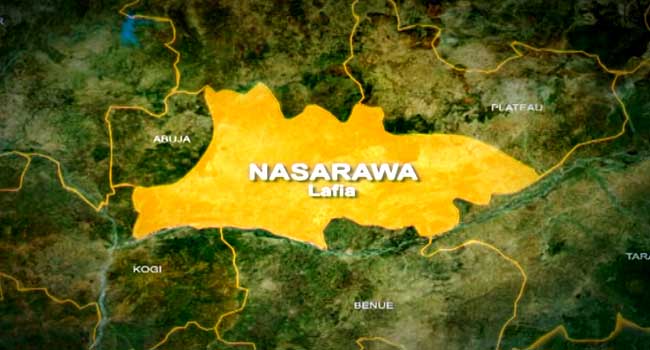Togo Votes In First Local Elections In Over 30 Years
Togo on Sunday held its first local elections in 32 years, during which a single family has ruled the West African nation, with most opposition parties taking part after boycotting 2018 parliamentary polls.
The elections “mark a major advance in the establishment of democracy” in Togo, President Faure Gnassingbe said in a Facebook post.
Gnassingbe has been in power for nearly 15 years since succeeding his father Eyadema Gnassingbe, who ruled the country with an iron fist for 38 years.
He voted in his hometown of Pya, some 420 kilometres (260 miles) north of the capital Lome.
Turnout was low in Lome with the polling stations visited by AFP reporters showing an average abstention of 75 per cent.
“Participation is weak in Lome, because some young people in the opposition did not come out, they don’t know who to vote for, the leaders being divided,” said Evariste Gangigla, electoral commission representative at a Lome polling station.
Counting of the ballots began Sunday evening, sometimes without electricity, just by the light of a mobile phone, an AFP correspondent reported.
No date has yet been given for announcing the results.
‘A great step forward’
Voting took place without any major incidents reported, AFP correspondents said.
Casting his ballot, Atutu Lawson said he looked forward to “lots of changes in the neighbourhood,” noting it had no market and that many homes did not have indoor toilets.
Another voter, Issouf Moudji, told AFP: “Our country is taking a great step forward. Now we will have representatives in our neighbourhood whom we can discuss our needs with.”
The previous councillors elected in local elections in Togo governed for 14 years from 1987 — despite being elected to five-year terms.
Councillors were later replaced with “special delegations”, tasked with organising new elections, whose positions were often filled with figures handpicked by the government.
The country’s 3.4 million eligible voters were called to elect 1,527 municipal councillors to six-year terms, renewable twice, in 117 towns.
With the notable exception of the National Panafrican Party (PNP), which organised mass protests in April to call for a limit on presidential terms, all the main opposition parties fielded candidates in Sunday’s elections.
The PNP, whose leader Tikpi Atchadam lives in exile, is demanding the release of three activists who have been held since the April protests.
He was part of a coalition formed in mid-2017 that staged demonstrations in several cities seeking constitutional reforms and Gnassingbe’s resignation.
The movement has lost steam, and several opposition parties opted to field candidates in the local elections after boycotting legislative polls in December 2018 — leaving them without representation in parliament.
‘Muddled’ organisation
Now they hope to gain a presence at the municipal level.
The National Alliance for Change, a longstanding opposition party, criticised what it called the “muddled” organisation of Sunday’s vote.
Its spokesman Eric Dupuy alleged ballot-stuffing at a polling station in the Lome suburb of Baguida, adding local residents torched the fraudulent voting papers.
A joint statement released by the United States, European Union, France and Germany last Friday described the vote as an “important step in strengthening local democracy”.
It urged the government and political parties “to make every effort to collectively promote the holding of a free, peaceful and transparent election”.
Some 8,000 police and security forces voted on Friday so that they could be deployed for Sunday’s polling in the former French colony



